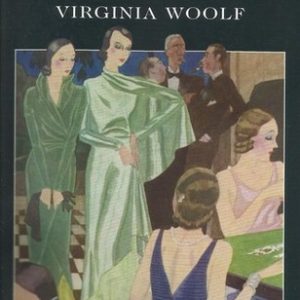Cranford (English, Paperback, Elizabeth Gaskell)
Rs.399.00 Rs.129.00
Author: Elizabeth Gaskell, ISBN: 9781853260469, Condition: Old
Out of stock
‘It is very pleasant dining with a bachelor…I only hope it is not improper; so many pleasant things are!’
A portrait of the residents of an English country town in the mid nineteenth century, Cranford relates the adventures of Miss Matty and Miss Deborah, two middle-aged spinster sisters striving to live with dignity in reduced circumstances. Through a series of vignettes, Elizabeth Gaskell portrays a community governed by old-fashioned habits and dominated by friendships between women. Her wry account of rural life is undercut, however, by tragedy in its depiction of such troubling events as Matty’s bankruptcy, the violent death of Captain Brown or the unwitting cruelty of Peter Jenkyns. Written with acute observation, Cranford is by turns affectionate, moving and darkly satirical.
In her introduction, Patricia Ingham discusses Cranford in relation to Gaskell’s own past and as a work of irony in the manner of Jane Austen. She also considers the implications of the novel in terms of class and empire. This edition also includes further reading, notes, and an appendix on the significance of ‘Fashion at Cranford’.
L42
Reviews
There are no reviews yet.
Only logged in customers who have purchased this product may leave a review.
Related products
Almost New Books
Almost New Books
Almost New Books
Almost New Books
Almost New Books
Classics Book Store
Almost New Books
Captain Underpants and the Wrath of the Wicked Wedgie Woman (English, Paperback, Dav Pilkey)



















